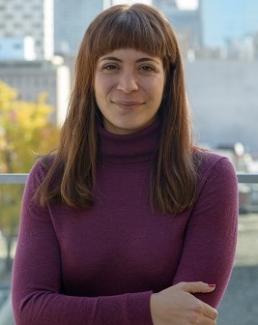Event
 Dragons and Doves: The Effects of China's Leadership of UN Agencies
Dragons and Doves: The Effects of China's Leadership of UN Agencies
Rachel Hulvey, Political Science Ph.D. Candidate; Sabrina Arias, Political Science Ph.D. Candidate, University of Pennsylvania


Although many speculate about China's motivations, China seems well positioned to be able to change institutional goals as Secretary General of many United Nations (UN) agencies. Does China successfully wield leadership of these bodies to further its own national interests? China's rise relates to a broader debate about the extent to which leaders of IOs act as faithful Secretaries, as rational design theories predict, or whether leaders have the capacity to steer the organization in a new direction as a General. We test these theories through the case of China's leadership to determine whether a rising power uses the position to reward like-minded states. We leverage a comparative case study approach of 11 different IOs to examine these effects, combining original data collection of 12,481 IO country-projects from 1988-2022, an ethnographic case study of the ITU, and an elite conjoint survey experiment with IO staff. Despite China's more assertive grand strategy, we find that the distribution of IO benefits under China's leadership reflects the Secretary rather than General model, which has implications both for the way that we interpret China's motivations toward the international order, the independence of IOs, and the broader vitality of IOs in the midst of power transitions.
